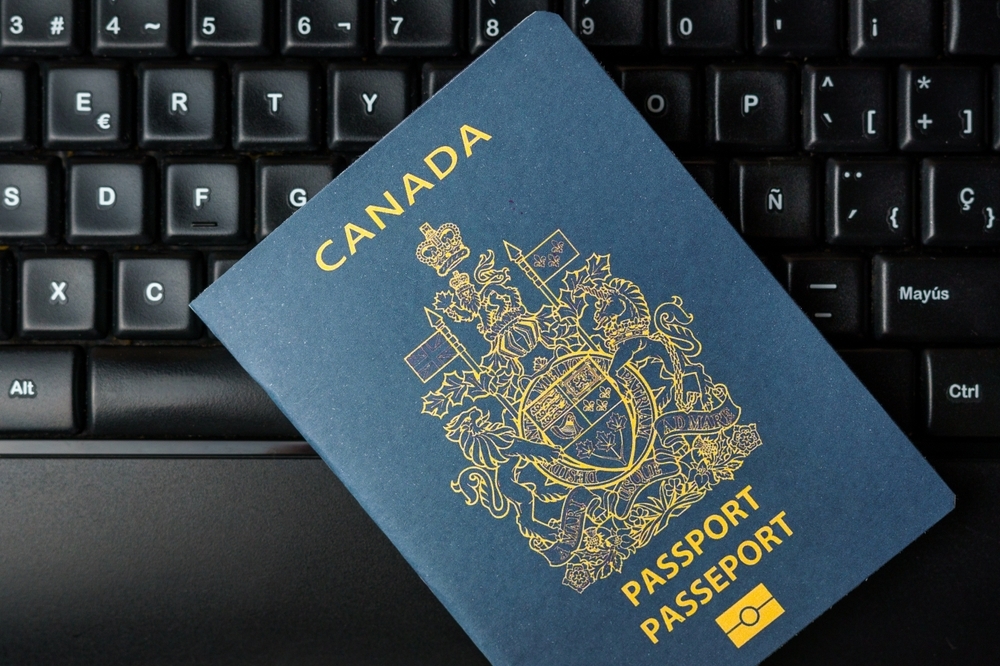Analyzing Canada's Casino Economy

Join us as we thoroughly investigate the economic implications of casino gaming in Canada. This guide leaves no stone unturned, evaluating the pros and cons brought by online casinos and betting platforms to the nation as a whole. For a comprehensive overview, we've examined revenue streams, taxation, and the various fees imposed on gambling operators.
A Look Back: The Evolution of Canadian Casinos
Canadian gambling history Before Europeans set foot in Canada, Indigenous peoples were already engaging in gambling activities involving sticks, stones, and other natural implements. But in 1541, the British introduced The Unlawful Games Act, aiming to ban games of chance.
Despite these restrictions, Indigenous games continued, along with imported games like Craps and Backgammon. The economic influence of gambling began gaining attention around 1566, with the introduction of a public lottery to fund harbor repairs and maintain the British navy.
The modern gambling industry, now worth billions, only started taking shape in the 20th century. The legalization of horse racing in 1910 marked the beginning, while the 1980s ushered in a new era as provinces gained the right to set their gambling laws and tax structures.
Major Casino Taxes in Canada

A significant boon of gambling in Canada is the tax revenue. By 2022, casinos were estimated to have pumped about C$12.5 billion into the national economy. Each province manages its gambling scene through regulatory bodies that oversee tax collection and governance.
Here's a brief on the core casino taxes across Canada:
| Tax | Description |
|---|---|
Tax on gross gaming revenue (GGR) |
In Ontario, iGO stands as the principal revenue collector, saddled with the obligation to remit 20% of its income from all licensed online gambling platforms. |
Licensing and operational fees |
In every province, gambling operators must pay regulatory fees, akin to those paid to the iGO in Ontario. |
Corporate income tax |
In Canada, winnings from gambling aren't taxable. However, should gambling become a regular source of income or a business venture, corporate income tax may apply. |
GST/HST: Goods and Services Tax or Harmonized Sales Tax |
While this serves as a general sales tax on goods and services in Canada, online gambling companies face a different set of rules. In Ontario, for instance, the iGO shoulders the tax responsibility. |
Property taxes |
Physical casinos and betting outlets are subject to commercial property taxes, just as any other business operating in Canada. |
Infrastructure & Community Contributions
Beyond taxes and revenue, land-based casinos are vital contributors to the economy, impacting areas like employment, local economy stimulation, and the enhancement of transport connectivity.
Take River Rock Casino in British Columbia, which serves as a case study on how gambling can benefit nearby communities. Let’s dive into the specifics:
River Rock Casino (British Columbia): An Exemplary Case
The River Rock Casino In 2004, Richmond, BC, witnessed the opening of River Rock Casino, instantly generating over 1,300 jobs. This surge pushed the local government to upgrade public transport systems. The influx of tourists further invigorated local sectors, especially hospitality and retail.
River Rock Casino’s economic influence goes beyond finance. The casino and its staff support numerous local organizations like the Richmond Foodbank and the Center for Disability, not only through monetary donations but also active participation and memberships.
Boosting Economic Growth through Employment

The introduction of casinos to local areas triggers a chain reaction of job creation, presenting an array of positive economic implications. Here are ten reasons why it bolsters a community:
- Rise in Employment: The foremost impact is job creation, stimulating local job markets.
- Boosted Employment Rates: More jobs elevate the employment rate, making communities more desirable places to reside.
- Surge in Disposable Incomes: Increased employment leads to more locals with higher spending capabilities, invigorating the local economy.
- Spending Boom: With more disposable income, consumer spending sees a significant uptick, encouraging retail growth.
- Growing Business Revenues: Local businesses in hospitality and other sectors flourish with increased consumer spending.
- Opportunities for Re-Investment & Development: As business revenues rise, companies—including casinos—can reinvest and expand.
- Even More Job Creation: Re-investments and enlargements generate additional employment opportunities.
- Higher Tax Revenues: Strong local markets translate to more tax collection.
- Public Re-Investment: Governmental bodies can reallocate these funds to improve transport, health, housing, and public amenities.
- A Thriving, Resilient Economy: Ultimately, gambling strengthens the economy, attracting tourists and potential residents.
First Nations Casinos: A Unique Contribution

Besides provincially licensed resorts, Canada hosts 18 First Nations-owned casinos. These institutions often operate under unique tax arrangements and provide substantial benefits to Indigenous communities, which have historically been marginalized.
As they are built on indigenous land, First Nations casinos mirror their communities more closely and often surpass the general positive impact of gambling across Canada. They aren't just about economics but also support cultural initiatives via museums and heritage events.
SIGA: Building Community Ties in Saskatchewan
Noteworthy for its positive influence on First Nations communities is the Saskatchewan Indian Gaming Authority (SIGA). With an annual contribution exceeding $13 million to charities, SIGA focuses on assisting youth, the disabled, and seniors in Indigenous communities.
Tourism's Role in Enhancing Local Businesses

Gambling heavily influences Canada’s tourism sector. Casinos draw visitors not just from Canada but also from the U.S. and farther afield.
Tourists typically spend money at their destinations, benefiting the broader economy. For instance, en-route travelers casino road trips across Canada invest in gasoline and accommodations during their journey.
Consequently, this ushers in more revenue for businesses and taxes for the provincial governments. Casinos, in turn, attract additional hospitality and retail enterprises, with tourists' spending habits extending to bars, restaurants, and boutiques.
Casino Downsides in Economic Terms

Gambling's effects aren't all sunshine and rainbows for Canada's economy. Though it offers many benefits, there are challenges associated with casinos, both offline and online. The main drawbacks are highlighted here:
The impact of problem gambling
Gambling problems pose personal and social risks, with public funds often needed for rehabilitation and support of individuals in need.
If you're concerned for yourself or a loved one, our guide outlines the most promising solutions to combat gambling issues. Alternatively, the Ontario Problem Gambling Helpline or Connex Ontario can offer assistance.
Displacement of revenue
Gambling can unintentionally draw spending away from other sectors, ultimately impacting revenue streams. Money spent in casinos may otherwise fuel supermarkets or local business transactions.
Potential for corruption
Casinos’ potential for high profits has historically attracted criminal interests. However, Canada combats this with strong laws focusing on Anti-Money Laundering and Counter-Terrorist Financing.
The danger of market saturation
As legal online gambling skyrockets, the future of land-based casinos in Canada remains uncertain. Dwindling demand and numerous venues signal market saturation risks, possibly leading to closures and unemployment.
Making an Informed Choice at Canada's Top Casinos

Playing at top-rated Canadian casinos contributes significantly to positive economic impact. Even without a jackpot win, your participation aids local communities via the taxes paid by online casinos like iGO.
Even when playing at online casinos The Influence of Gambling on Canadian Taxes and Economy